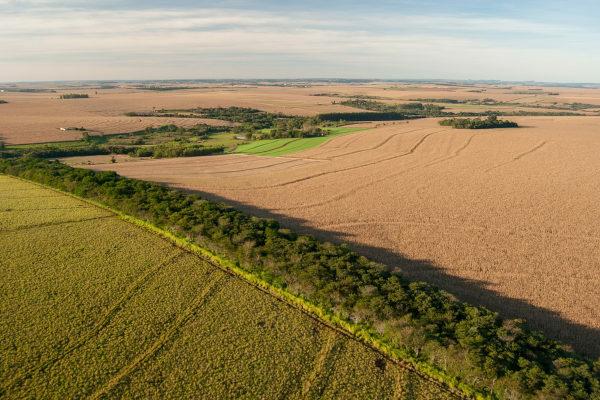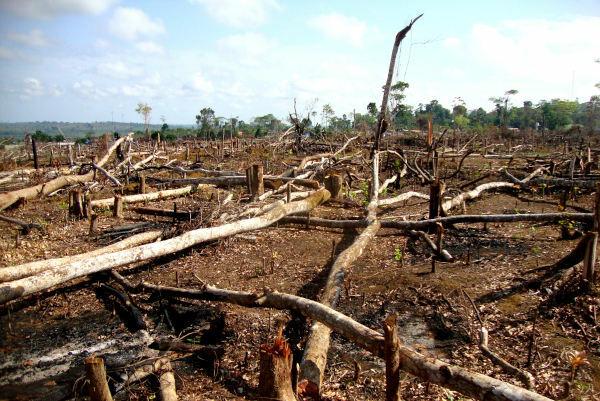ecological corridors are portions of ecosystems that promote the connection between fragmented areas, being important for guaranteeing the movement of animals and the dispersion of seeds between these areas. these runners are essential to reduce the impact of men in these regions, since the fragmentation of habitats it can have drastic consequences for the local fauna and flora, even being responsible for the extinction of species.
Ecological corridors, therefore, act by increasing the capacity of organisms to move in the environment and reducing the isolation of populations, promoting connection between fragmented regions.
Read too:7 human-caused ecological disasters in the world
What are ecological corridors?
According to Law No. 9,985 of July 18, 2020, ecological corridors can be defined as:
"portions of natural or semi-natural ecosystems, linking conservation units, which allow between them the flow of genes and the movement of biota, facilitating the dispersion of species and the recolonization of degraded areas, as well as the maintenance of populations that demand for their survival areas larger than that of the units individual."

Men are responsible for causing great damage to natural environments, being responsible, for example, for fragmenting habitats that were once continuous. This fragmentation causes animals and plants to become isolated in these patches of ecosystems, which can even cause the death of local species. The ecological corridors appear, in this context, linking two regions that were fragmented, allowing the transit of animals and seeds of plants.
Why are ecological corridors important?
The ecological corridors are a way to offset the negative impacts of man in the environment, ensuring that fragmented areas can be connected. Plants and animals are directly impacted by the fragmentation of environments.
In the case of animals, they are prevented from moving freely over large areas, being necessary to cross environments without their natural habitat to reach another fragment. At that time, many animals can be preyed on, captured or even run over, when, for example, between the fragments, there are roads.
Plants are also harmed as their propagation is compromised. Pollination and seed dispersal, for example, may not occur, which hinders the dispersal of the species by other areas. Furthermore, over time, fragmentation can lead to the emergence of subpopulations.

The ecological corridors, by connecting these fragmented areas, allow the transit of animals and also plant seeds. This transit is fundamental for provide the gene flow (movement of genes from one population to another) between species. In addition, ecological corridors can help to recolonize areas that have been degraded.
Read too: deforestationo – partial or total removal of vegetation cover from a given place
Ecological corridors in Enem
The ecological corridors were already the subject of Enem's issue. See the question below:
(Enem – 2018) Ecological corridors aim to mitigate the effects of ecosystem fragmentation by promoting the link between different areas, with the objective of providing the displacement of animals, the dispersion of seeds and increased coverage vegetable. They are instituted based on information such as studies on the displacement of species, their home range (area necessary for the supply of their vital and reproductive needs) and the distribution of their populations.
Available at: www.mma.gov.br. Accessed on: Nov. 30 2017 (adapted).
In this strategy, the recovery of biodiversity is effective because
A) provides gene flow.
B) intensifies species management.
C) expands the process of human occupation.
D) increases the number of individuals in populations.
E) favors the formation of fully protected islands.
Resolution
Alternative A. Ecological corridors allow the displacement of species between different fragments of habitat, making these species able to cross and, in this way, guarantee the gene flow between populations.
By Vanessa Sardinha dos Santos
Biology teacher
Source: Brazil School - https://brasilescola.uol.com.br/biologia/corredores-ecologicos.htm

